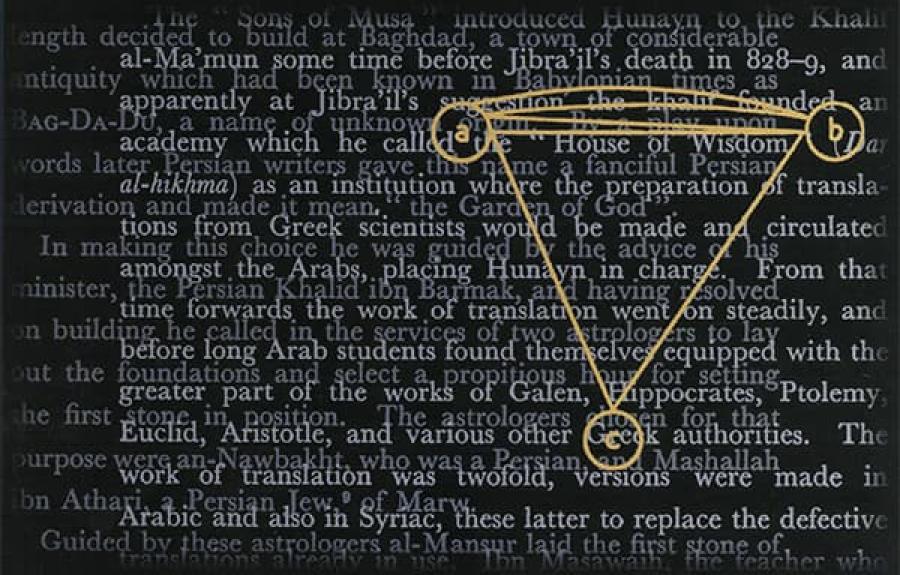While interest in the "task of the translator" may be taken to indicate a mode of self-consciousness specific to our times, it has also situated "translation" at the center of a widening scope of inquiry. Whether seen as a matter of linguistics, of style and aesthetics, of conceptual art and performance, of cultural contact and politics, "translation" both enables and complicates our notions of languages and culture and their relations to one another. With the "turn to translation" of may late twentieth-century studies of culture, the figure of the translator has itself emerged as a focus of attention.
How have the problem of translation and the very figure of the translator been addressed in different periods and cultures? How has translation been linked to linguistic equivalents as well as to displacement or linguistic incommensurability and excess? How have processes of translation – the translation from oral to written, the compilation of dictionaries, the invention of grammars, and adaptations of drama to opera, novel to film, or “historically informed” performance to a “modern” setting – functioned, for example, in processes of “civilization” and colonization? Can tradition be seen as a mode of translation? How may translation be related to process of cultural transmission and inscription, or to anxieties about memory and the archive? What possibilities are opened by the bilingualism of the colonial subject in the face of a dominant language or discourse? How has translation been connected with the body in performance art, or with the experience of diaspora in new global media? To what extent and in what ways might the notion of translation apply to the problems of cross-cultural comparison and value judgment? Does “translation” assist in understanding attempts to transfer cultural values or even political systems (for example, democracy) from one society to another?
The foregoing questions are intended as suggestive rather than exhaustive. The Society for the Humanities invites applications from scholars who are interested in participating in critical dialogue concerning the topic of translation from a variety of disciplinary perspectives.

